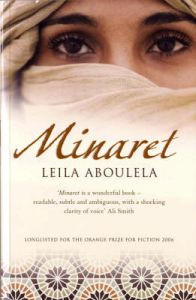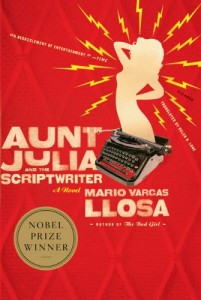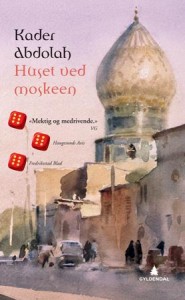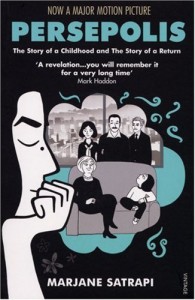 I finished Minaret towards the end of November, but have had a hard time finding something sensible to say about it.
I finished Minaret towards the end of November, but have had a hard time finding something sensible to say about it.
I initially found the story fascinating, and at some point I felt I could understand how Najwa ended up going from ‘secular’ to ‘religious’. She never really belongs anywhere and once she ends up quite alone in London, it’s easy to understand how the mosque can feel welcoming in that it provides a sense of belonging and a sort of family. The novel also provides an interesting insight into islamic life in a western society from the inside.
However, Najwa is drawn to religion not just for the sense of belonging it provides, but also seems to find ‘religiosity’ (for lack of a better word), saintliness and religious devotion and submission attractive in itself. This is obviously not a unique trait, naturally I don’t think the entirety of the world’s population defining themselves as religious are just ‘in it for the community’. However, it’s an attraction I find it hard to understand, and this novel did not help me understand it any better (in fact, if anything, it left me more baffled).
Where everything that happens to Najwa underpins her need for a community, nothing – as far as I can see – explains this need for submission to a deity, to the contrary, several parts of her story would rather have me reject the idea that a god worth worshiping would sanction such things.
So, on the whole: Worth reading, but not entirely satisfactory.


